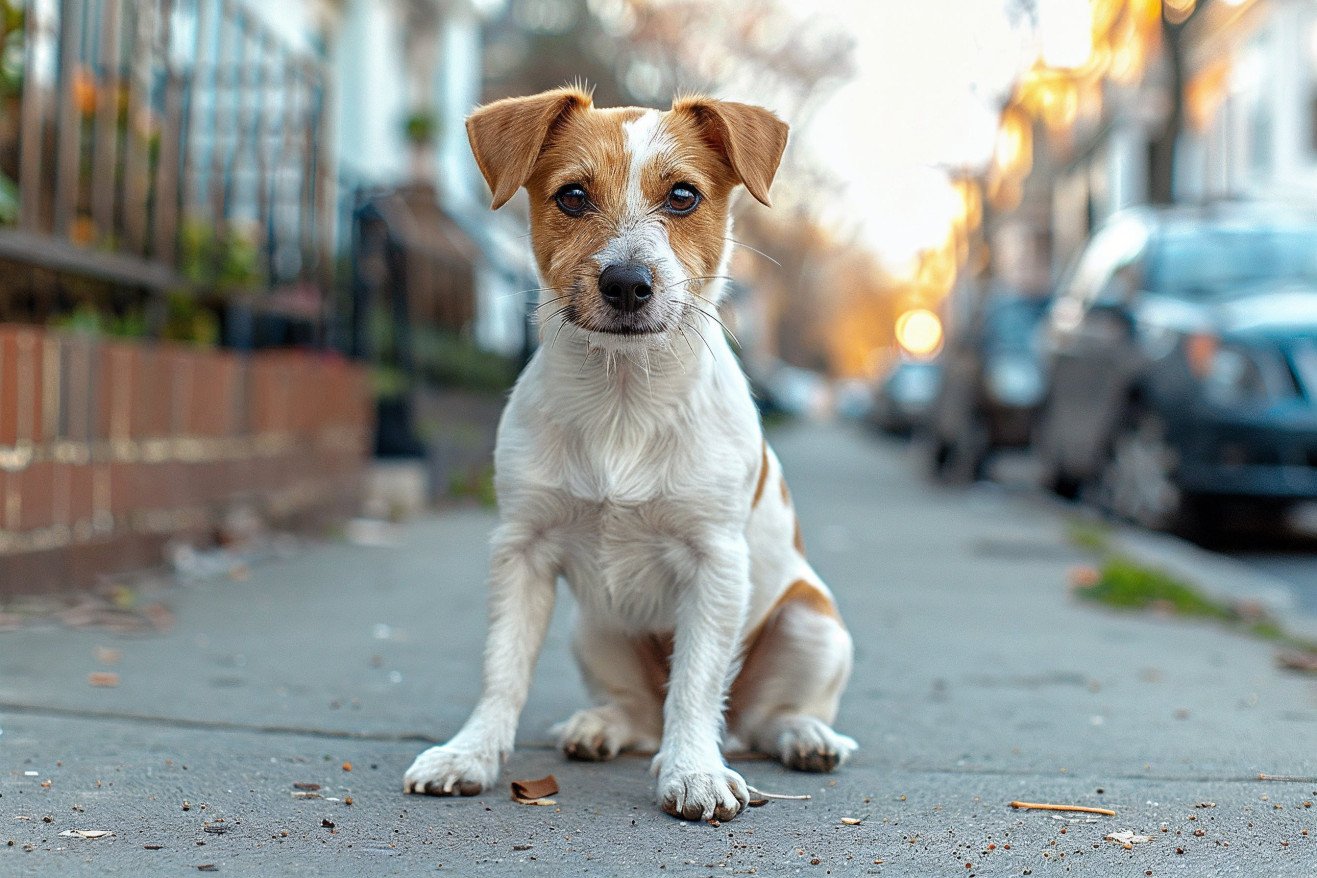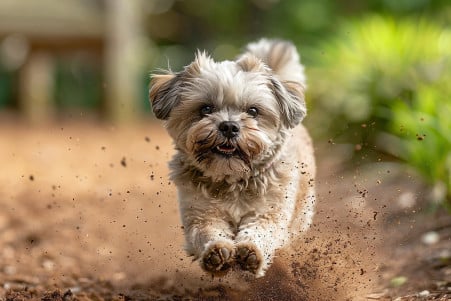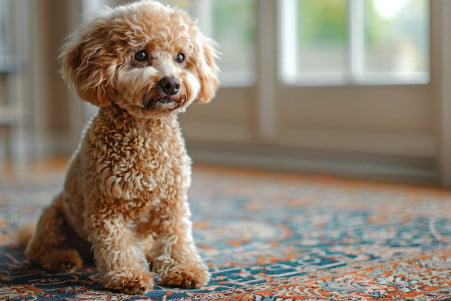Why Dogs Walk and Poop at the Same Time: The Science Behind the Behavior
17 May 2024 • Updated 15 May 2024

If you've noticed that your dog always seems to poop while you're out on a walk, you may be wondering why this happens. According to dog behaviorists, the act of walking and pooping are closely related and both have to do with dogs' natural instincts to mark their territory and find a good place to relieve themselves. This is further encouraged by the act of walking, which can help stimulate the digestive system and the need to poop.
In this article, we'll explore the scientific evidence behind dog behavior and physiology to explain why dogs have a preference for pooping while they're out on a walk. This deep dive into their natural instincts and how their bodies work will help you understand your dog's needs better, enabling you to meet them more effectively and have a happier, cleaner relationship.
Why do dogs walk and poop at the same time?
Territorial Marking and Scent Communication
Dogs have anal sacs that release odors when they poop, according to Wag!. Walking while pooping helps release these sacs, which in turn leaves a dog's personal scent for other dogs to find. This is a result of a dog's natural instinct to mark their territory and communicate through their scent.
The pads of a dog's paws also have scent glands, and the kicking motion that often accompanies this behavior is another way to spread their scent around an area. The walking and pooping behavior can be triggered by a particular scent, sound, or a dog's desire to mark a specific area as a way to claim it as their own.
According to Tryfi, dogs rely heavily on their sense of smell to gather information about their surroundings. When they have to go to the bathroom, environmental factors like smells or stimuli can trigger the walking and pooping as a way to mark the area with their scent. This territorial marking through defecation is more common in male dogs but can also happen in female dogs.
Physiological Factors and Digestive Stimulation
The physical act of walking can help stimulate a dog's digestive system and encourage bowel movements, says PetsRadar. Some dogs may also find it easier to poop while walking because the movement helps the stool pass through the colon. This behavior may also be due to digestive problems or medical issues such as inflammatory bowel disease, according to VCA Animal Hospitals.
In addition, older dogs or dogs with mobility issues may have an easier time pooping while walking, according to Wag!. In these cases, the inability to empty the colon completely due to hind leg weakness or paralysis can result in a lack of bowel control while the dog is lying down or standing.
How to Train Your Dog to Poop on a Leash
To avoid walking and pooping during walks, it is important to establish a regular potty schedule and specific potty areas, according to Holiday Barn. You can then use positive reinforcement and reward-based training to train your dog to follow commands like 'go potty' or 'leave it.'
As suggested by Rover, you should also work on desensitizing your dog to pooping on a leash by slowly getting them used to the sensation and making sure they always have a positive experience. This will help them get over any fear or discomfort they may have with the leash. It's also important to stay patient and not get frustrated as this can take time.
The American Humane Association notes that close supervision and consistent potty schedules are important for reinforcing the behavior you want. By maintaining a schedule and rewarding your dog when they do go to the bathroom, you can train them to poop on a leash.
Proper Disposal and Cleanup of Dog Waste
Make sure to bring doggy bags and a scooper or other tool to pick up after your dog on walks, according to wikiHow. Also, be sure to dispose of the bagged waste properly based on your local laws, whether that means throwing it away in a specific location or flushing it down the toilet, according to the City of Chicago.
If your dog has an accident inside, make sure to use a disinfectant or cleaner that's specifically made to clean up after pets, according to the Ultimate Guide to Cleaning Up Dog Poop. You can also look into more eco-friendly options, like biodegradable bags and composting dog waste, according to Wag!.
Proper disposal and cleanup are important for keeping your environment clean and safe for both you and your dog. By using the right products and methods, you can make sure you're being a responsible pet owner when it comes to your pup's waste.
Health Issues and Potential Medical Causes
There are several medical conditions that can cause bowel incontinence in dogs, according to VCA Animal Hospitals. These include spinal cord diseases such as degenerative myelopathy, nerve damage, muscle atrophy, and inflammatory bowel diseases, according to Wag!.
As Preventive Vet explains, if you notice a change in the consistency of your dog's stool, a change in how often they go, or if they seem to be having trouble going, this could be a sign of an underlying health problem. In general, any changes in your dog's bowel movements should be brought to the attention of a vet as soon as possible, as they could be a sign of anything from parasites and infections to tumors or neurological issues.
In order to effectively treat walking and pooping issues in dogs, it's important to get a proper diagnosis and treatment plan from a vet. This will help you and your vet address any medical issues that may be contributing to your dog's symptoms.
Conclusion: Understanding and Accommodating Your Dog's Needs
Dogs walking and pooping during walks is a common behavior that has a lot to do with a dog's natural instincts and physiology. Territorial marking is a big part of it, and that's because dogs have anal sacs that release odors when they defecate. This walking and pooping is a way for dogs to mark their territory and let other dogs know they were there.
In addition to this, the physical act of walking can stimulate a dog's digestive system and make them feel like they need to go. Some dogs may also find it easier to poop while walking because the movement helps the stool pass. Finally, medical issues like inflammatory bowel disease can also play a role.
To help dogs that walk and poop, owners can work on creating a consistent potty schedule, use positive reinforcement training, and gradually get their dogs used to pooping while on a leash. Of course, it's also important to make sure that dog owners are cleaning up after their pets. If a dog's pooping behavior changes and it's a concern, it's best to consult a vet.


